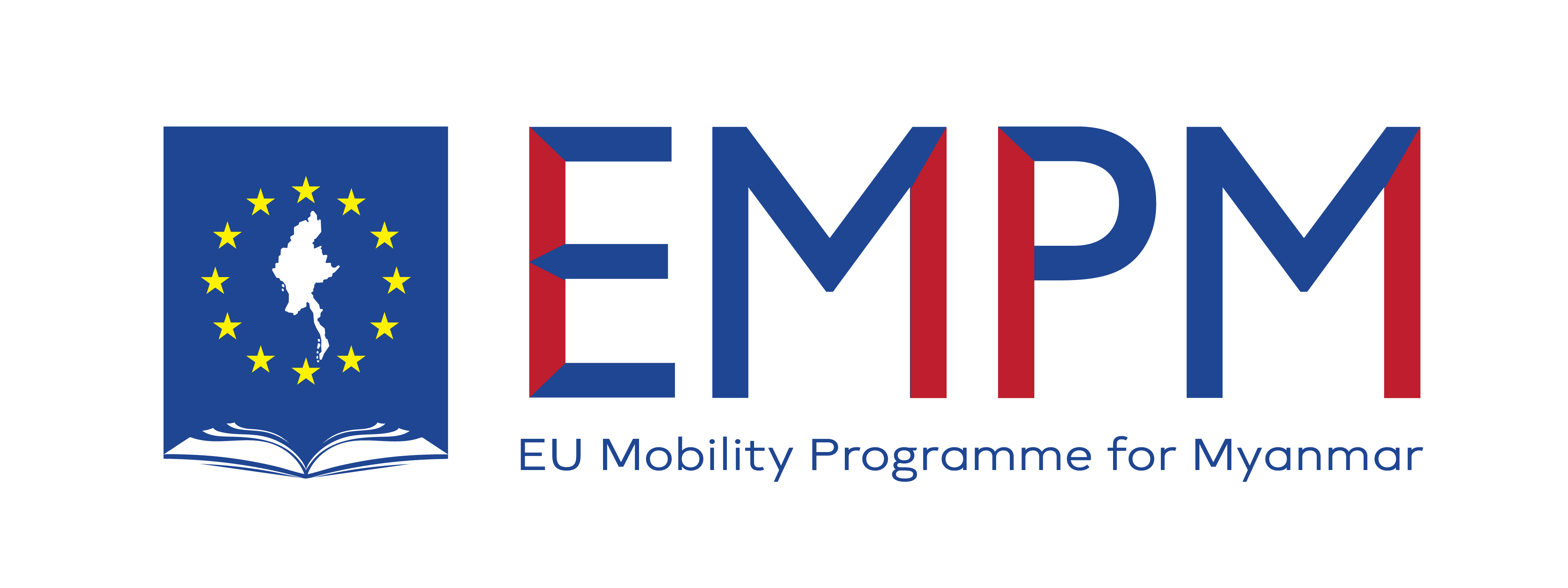| Contact Person | Short Courses | Website | Additional Information |
|---|---|---|---|
Federica Cidale | Japan’s Role in International Affairs | For more information on the courses check: https://msc.upol.cz/nc/en/news/clanek/msc-providing-empm-funded-micro-credentials-for-burmese-students-batch-5 | Admission: EMPM students can sign up via email. Start date: 6 February 2026 (tentative date) |
Kristina Kironska | Human rights in Asia Course content: This course provides a comprehensive introduction to human rights and their application in Asian countries. It is designed for both Bachelor and Master students who are interested in understanding the complexities of current human rights issues in Asia, both the achievements (such as the same-sex marriage law in Taiwan) as well as shortcomings (such as the death penalty in many Asian countries). The course will begin with an overview of the fundamentals of human rights, international human rights treaties, organizations, and courts. We will discuss the concept of "Asian Values" – a phenomenon of the 1990s – and its impact on human rights in the region. We will then delve into various human rights topics in Asian countries, including the death penalty, women's rights, female participation in politics, minority rights, LGBTI rights, migration, asylum, and statelessness. We will also explore the war on drugs (in the Golden Triangle and the Philippines), cyber scams (operating from Myanmar), and various human rights-related situations in Taiwan, Myanmar, North Korea, and many other Asian countries. While the main focus of the course is on East and Southeast Asia, the course will also cover other Asian countries. The students will have to read the provided reading materials and watch four movies/documentaries (The Swimmers, Kim Ji-young: Born 1982, Beyond Utopia, and Pig Butchering Scams) in order to be able to actively participate in the class discussions and debates (there will be two short mock debates, one on Asian values and the other on the death penalty). Each student will also give a short presentation on a course-related topic of her or his choice (12 minutes), such as Feminist leadership, Wrongful convictions in Taiwan, Genocide in Cambodia, Labor rights in the fast fashion industry in Asia, etc. Course requirements: In order to pass this course, students need to fulfill the following:
Not fulfilling one of the above will result in not passing the course.
|
THE EMPM SCHOLARSHIP PLATFORM
Welcome to the EMPM Virtual Scholarship Platform



